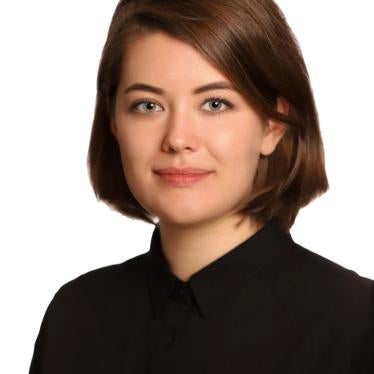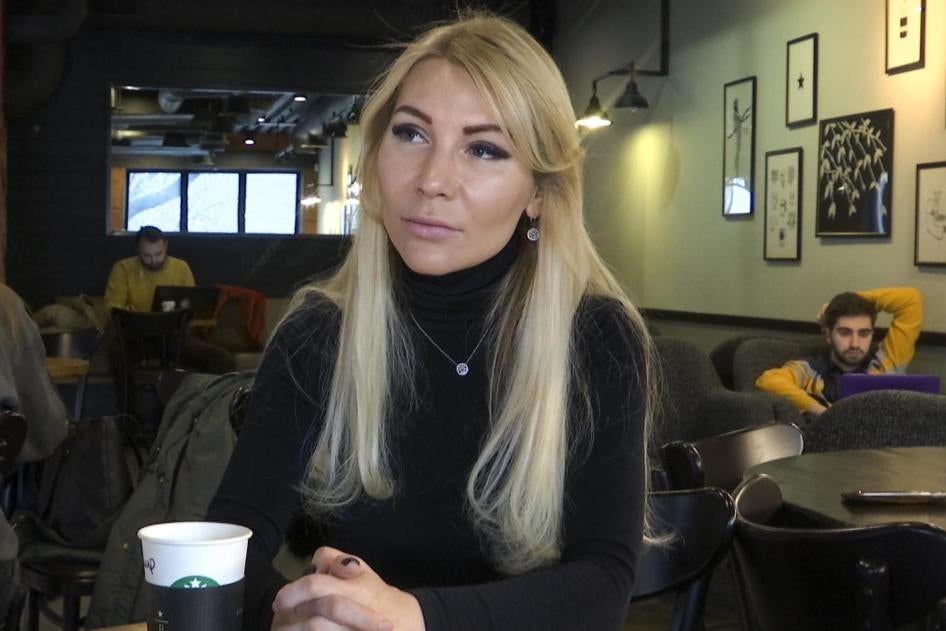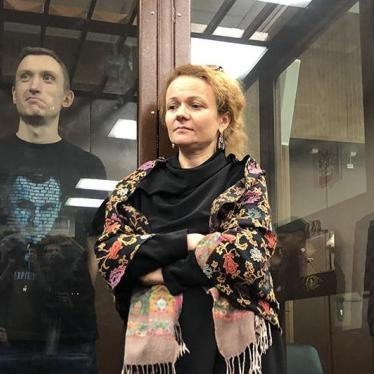Russian women’s rights activist Alyona Popova has filed a lawsuit against the Moscow city government, claiming its use of video with facial recognition technology violates privacy rights.
The lawsuit, filed in early October 2019, says the system processes citizens’ biometric data without their written consent violating Russia’s law on personal data and the right to privacy guaranteed in the Russian constitution. A hearing is scheduled for October 21.
Popova was detained on the spot in 2018 for holding a peaceful protest outside parliament against sexual harassment. A court fined her 20,000 rubles for violating Russia’s strict protest law. However, Popova claims that the surveillance video recording the picket used facial recognition technology, and even if not used to detain her in 2018, it violates her privacy and could put her at risk of future harassment and violations.
Facial recognition can track where people go, what they do, and who they meet. Its use can potentially restrict basic freedoms and make people feel less inclined to meet with others, or express themselves freely.
These concerns are valid in all societies, but they could prove even more serious for people living in authoritarian countries like Russia. Last month, journalists reported that Moscow’s authorities had ordered facial recognition technology for monitoring mass gatherings, which could identify participants in real-time. After the crackdown on recent peaceful protests and harsh sentences for protesters, this is a disturbing prospect.
In May 2019, Moscow Mayor Sergey Sobyanin announced plans to create one of the world’s biggest video surveillance systems with facial recognition, with more than 200,000 CCTV cameras.
Fears in Russia around facial recognition are valid. We have already seen what can happen in countries like China, where the government uses an elaborate system to track and monitor the movements of Uyghurs, an ethnic minority, across the country.
Russian civil society is speaking out against the use of facial recognition technology. Roskomsvoboda, a digital rights group, started a “Ban Cam” campaign, to stop the use of facial recognition until full transparency and security is ensured. As of today, more than 1,400 people signed a similar petition by Popova.
Russia needs more public discussions about how the use of facial recognition technology complies with Russia’s human rights obligations. Hopefully this will happen in the wake of Popova’s case, and beyond.









